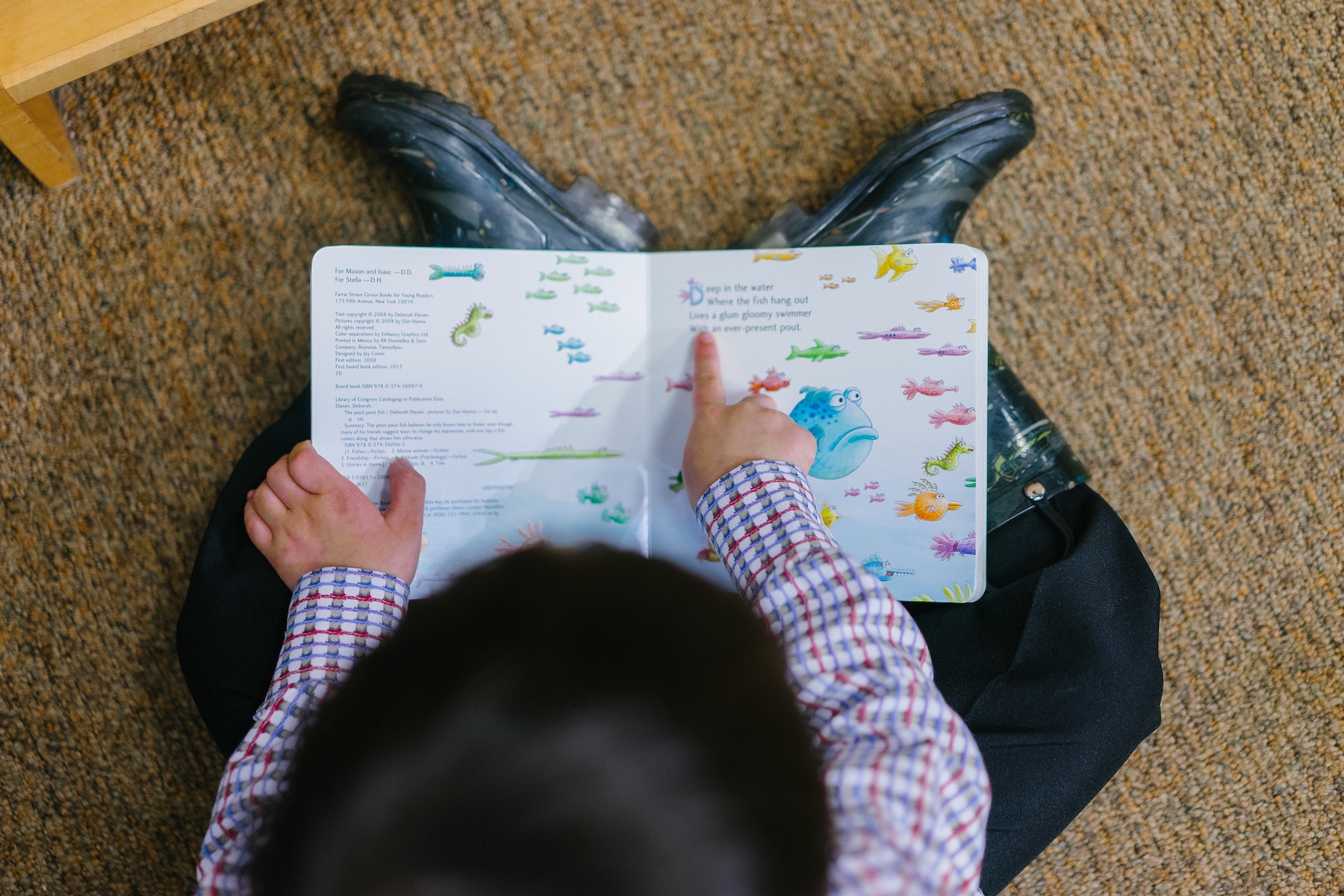
When your high-schooler was in middle school, there’s a good chance their biggest motivator was acceptance. They moved in a herd, made decisions as a group, and desperately wanted to fit in. While some of that is still true, your high-schooler is changing and before long, his or her biggest motivator will be something new, something that may make you a little nervous, something you may even be tempted to resist: Freedom.
Maybe you’ve already started to have conversations about car keys, curfews, driving and dating. That’s because, especially American culture, nothing is more motivating to a high-schooler than freedom and independence.
That’s why one of the most important things we can do is mobilize their potential. In other words, we want to give them something to do, not just a list of things to stay away from. We want to give them opportunities to collaborate with the family, serve the community, and discover how God has uniquely wired them to influence the world around them.
They won’t get it right every time. In fact, they’ll need a lot of coaching along the way. But as their parent, you are uniquely positioned to give them appropriate doses of independence and wisdom—to create more opportunities and less obstacles for their future.
After nearly a decade in the classroom, meeting with parents and teenagers, one of the things I found myself saying over and over is, “Before we talk about grades, let’s talk about what ninth grade is like.”
Ninth-graders are a weird bunch, aren’t they? If you have a ninth-grader, it’s okay to think that. They’re equal parts overconfident and under confident—terrified and excited. But there is one thing that most ninth-graders really need: a tribe.
At this stage, friendships change quickly, groups form, disband and then rearrange as freshmen try to figure out who they are and where they fit now that middle school is over. That may mean your ninth-grader comes home talking about different people every week. It may mean he or she suddenly dresses differently, is into different music or hobbies, and tries on different personalities as they figure out where they fit and how a person in that tribe is supposed to act.
Finding a friend group also means ninth-graders may experience a significant amount of friendship drama and disappointment as they try to answer the question, “Where do I belong?” And while finding new friends can be exciting, this phase can also feel really painful for a freshman who feels rejected by their former friends. That’s why one of the most helpful things you can give them at this phase is acceptance at home. Even when it feels like there is chaos outside the house, when no one likes you, and when the people who used to be your friend aren’t anymore, coming home to a safe place, a place where at least your parent thinks you’re awesome, can slightly lessen the sting of rejection at school.
Hopefully your ninth-grader will leave this year with a solid and dependable friend group, but until the cement dries, one way you can help is value community. That means making sure they have as many opportunities as possible to interact with a group of people their age that can become their tribe. It’s a great time to try out for sports and join a number of clubs to make friends.
And, I think one of the best places for your ninth-grader to find community is in a church small group. Engaging in a group with similar values and a trusted adult in the mix is always a great way for a ninth grader to find a place to belong. So get to know their small group leader, invite the group over for an outing or a movie night and make it a priority to show up every week, so those relationships can grow deeper this year.
The thing to remember most about this year is that they still need you. No one has more influence on their spiritual lives than their parents and no one knows their story better than a parent. They need mom and dad even if they pretend like they don’t.
Parenting Your Ninth Grader
 Parenting Your Ninth Grader is a concise and interactive guide that simplifies what you need to know about freshmen in general and gives you a place to discover more about your ninth-grader—so you can make the most of this phase.
Parenting Your Ninth Grader is a concise and interactive guide that simplifies what you need to know about freshmen in general and gives you a place to discover more about your ninth-grader—so you can make the most of this phase.
If you aren’t sure if you can name your teen’s new friends (or where they met them), you might be in one of the best phases of your child’s life.
Don’t have a ninth-grader? We’ve got a book for every age at the Parent Cue Store.




